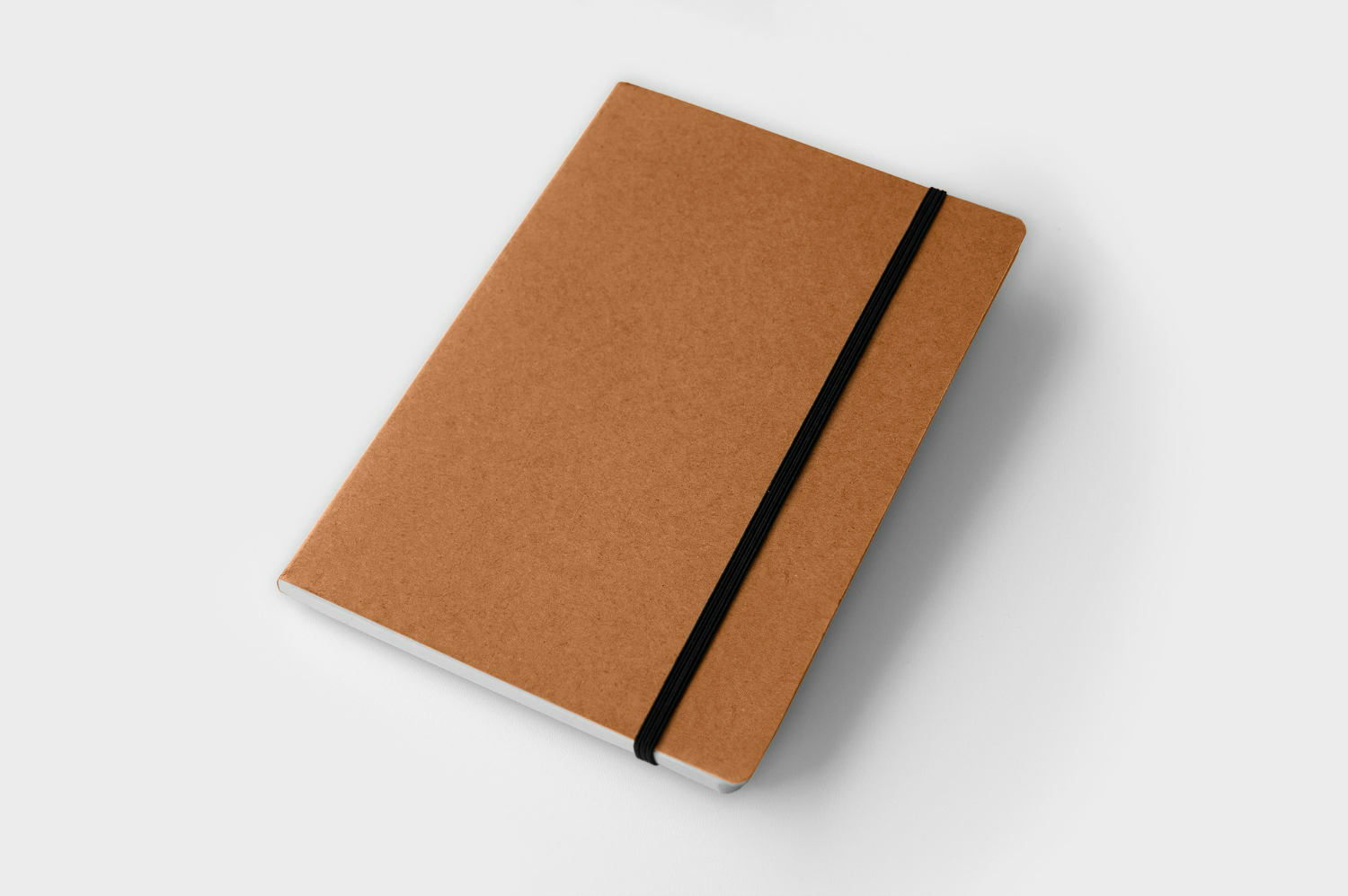I recently read Richard Branson’s biography titled “Losing My Virginity,” and I came across an interesting passage about the role of a notebook in an entrepreneur’s life. Branson wrote (quoting from memory): “I never part with my notebook. When I go to a meeting, I jot down key thoughts in my notebook. An idea pops into my head? I jot it down in the notebook. I talk to a client and ask for suggestions to improve our services? I record all the ideas in the notebook. The notebook has become the foundation of my ideas, and it’s in the notebook that I develop them on a larger scale. I keep notebooks from various times at home in a closet, and they constitute some of the most valuable material possessions I own.”
This is quite significant, not only in the context of an entrepreneur’s habit but also in the context of a presenter and speaker’s work.
I’ve noticed that the best speakers are those who effortlessly share anecdotes and stories. On the surface, it seems like these stories are pulled out of thin air. In reality, all these anecdotes have a backstage. Only a few of these speakers have them neatly arranged in their heads. Most of them have them recorded in their notebooks. When they come across an interesting story, they write it down. When they read an intriguing anecdote that could be used in a presentation, they jot it down. Some do it with a pen in hand and an inexpensive paper notebook. Others spend tens of dollars on legendary Moleskine notebooks. Yet others have a digital notebook – as a Word or PowerPoint file.
I personally use a digital notebook. I have an integrated note system on both my smartphone and computer. I access it through the cloud. I use Google Keep – an easy-to-use mobile note tool that resembles fairly large post-its. In the app, I can save many such notes, each titled according to the chosen theme. So, I have notes titled “Ideas,” “Stories,” “Humor,” “Anecdotes,” “Communication,” and a few others. When I stumble upon something – whether in a book, on YouTube, or while listening to a podcast – I save the relevant note in the appropriate category.
Every now and then, I organize these notes. I look into them, select, rearrange when needed. I then transfer them to Google Docs (which I can also access from both my phone and computer). This practice allows me to have a wealth of material that I use in my presentations and training sessions.
This material is incredibly rich – I have plenty to choose from, and as a result, I know that the quality of my content will be at least good, with a tendency to be very good.
I recommend this practice to you as well. A notebook – whether paper or digital – is essential not only for a good entrepreneur but also for a presenter.

